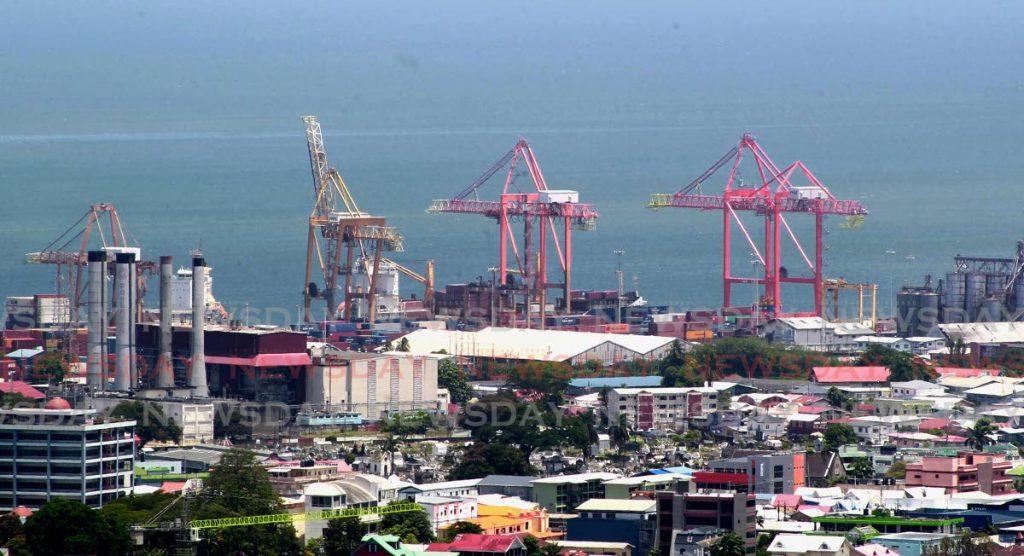Confer with private sector, NGOs

Nobody should expect the government to meet the challenges of covid19 on its own.
TT’s governance systems are under strain at all points, most notably in health and education, but the government should not be acting as if it can, through some bottomless capacity, do something for everyone.
Efforts to meet individual needs by offering cash grants and food boxes are a welcome intervention, but won't solve the short- and medium-term challenges facing people who can’t work to meet their commitments.
On Wednesday, Mayaro MP Rushton Paray called on the Finance Minister to pursue conversations more aggressively with the banking sector about debt relief and restructuring because of the shutdown of business in the country.
There are fundamental presumptions about people earning a salary that no longer apply to a growing cross-section of the public. It is the workers who were just getting by who were hardest hit by business shutdowns, as a large percentage of low-paid, low-skilled workers found themselves without work all over the world.
They are the hands-on, in-person participants in the economy, but their capacity to work and hence to earn a living, to pay bills and loans, has been gutted over the last year.
Remote work is not an option for them; and the country will need these workers to rally the economy and return to productive work to rebound from covid19.
Young workers, without job tenure or experience, have proven particularly vulnerable to pandemic-related unemployment, according to studies by the Economy Policy Institute, a US think-tank.
Some banks, along with some smaller financial institutions and credit unions, are now beginning to introduce or reintroduce measures such as loan moratoriums, as they did last year.
These financial adjustments don't only impact individuals. Companies with loans are finding it difficult and sometimes impossible to meet their financial obligations – and they are not being delinquent; desperation is driving this unfortunate situation.
It’s in the best interests of all – the bankers who thrive along with their customers, the businesses who employ workers and the workers who have found themselves laid off, fired or furloughed through no fault of their own – to agree on a structured financial net that helps entrepreneurs to get to the other side of the unimaginable circumstances that now bedevil business practice.
For their part, businesses should not wait on the government to provide the maps necessary to navigate these stormy waters.
It is not enough for DOMA president Gregory About to lament that the government has not held consultations on the situation. DOMA and other business collaboratives, both formal and informal, must make their strategies, suggestions and proposals heard by the government and the public.
It will take planning, by all in a position to do so, to get to a better place; and some we will have to carry.


Comments
"Confer with private sector, NGOs"